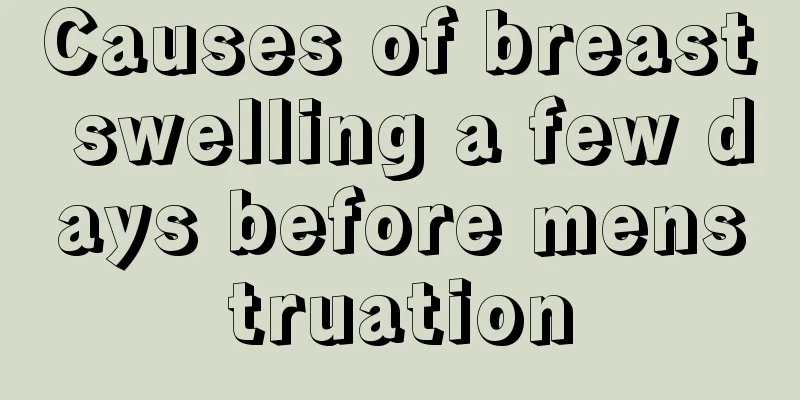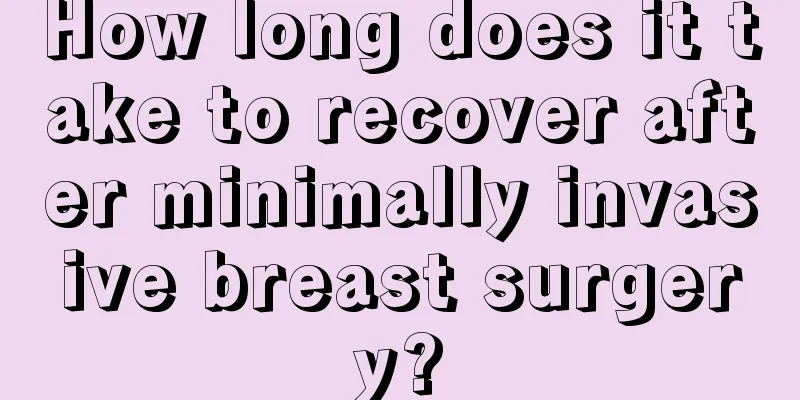Female lumbar spine and hip pain on both sides

|
Good health is the capital of revolution. Only with a healthy body can we live and work better. As the pressure of life increases, modern women are under increasing pressure. Not only do they have to take care of their families, but they also have to work. Long-term pressure plus long hours of sitting in the office can easily put a burden on their health. They are prone to lumbar problems and often suffer from lumbar and hip pain. So how can they relieve it? The causes of sciatica are different: There are three reasons why people with sacral and hip joint pain experience radiating sciatica: ① The ligaments, muscles or other soft tissues near the sacrum and hip joints are innervated by the 4th and 5th lumbar nerves. When the sacrum and hip joints are injured, these nerve reflex pains may be caused. ② The sciatic nerve and the posterior ventral nerve bundle are close to both sides of the sacroiliac joint and the piriformis muscle. When the ligaments around the sacroiliac joint bleed or swell due to sprain or the piriformis muscle spasms, the nerve bundles can be directly stimulated to cause pain; ③ Sacrohip sprain combined with lumbar sprain can also stimulate the nerve roots and cause sciatica; lumbar disc herniation is caused by compression of the protruding intervertebral disc. The treatment methods and efficacy are different: for patients with sacral and hip joint pain, dehydration and anti-inflammatory treatment will not have obvious effect if the latter is performed, but appropriate manual reduction can achieve immediate results; for patients with lumbar disc herniation, all symptoms will not disappear immediately after one manual treatment. If anti-inflammatory treatment is given, the acute symptoms can be relieved in a shorter time. In short, it is not difficult to distinguish between the two clinically as long as the medical history is carefully understood. X-rays or CT scans should be taken when necessary. Not all patients with waist, buttocks, legs, and sciatica should be treated for lumbar disc herniation. It is initially believed to be related to lumbar vertebrae hyperplasia. Further examination is needed to clarify the cause and treat it early. Do not blindly take medicine to avoid aggravating the condition. Drink more water. Do not do strenuous exercise, avoid eating spicy food, and get enough sleep to relieve stress. |
<<: What should I do if I am sexually harassed by my boss?
>>: What's wrong with a woman's nipples being a little big?
Recommend
Women have pimples in their vagina
The vagina is an important part of women, and the...
Kaspersky: Mobile device attack report for Q1 2023
Malware, adware and malware attacks on mobile dev...
Brown discharge during follicular phase
For girls, menstruation is always a topic that th...
What to do if you get angry during confinement
During the confinement period, women usually eat ...
8 sets of private data that make women feel shy
The reason why most women never talk about sex is...
How to relieve back pain during menstruation?
Menstrual problems are very important for women, ...
Why farting can relieve dysmenorrhea
Although dysmenorrhea is a very common gynecologi...
What to do if progesterone is low at 8 weeks of pregnancy
At 8 weeks of pregnancy, which is two months of p...
How long does it take to discharge lochia?
For many women who have a cesarean section, the u...
Why is tangerine peel better the older it is? Can tangerine peel relieve cough?
Tangerine peel is warm in nature and pungent in t...
Physical treatment methods for breast hyperplasia, these tips are very effective
For diseases such as breast hyperplasia, physical...
2020 Qing Palace List
2020 is coming soon, and I believe that many frie...
How long does it take for menstruation to be normal?
After giving birth, mothers who have undergone ce...
What diseases do female sexual partners get?
Speaking of sexual partners, this is a very commo...
Long-term fatigue and poor condition may be due to lack of butyrate
Author: Zhao Bei Have you ever been extremely tir...









